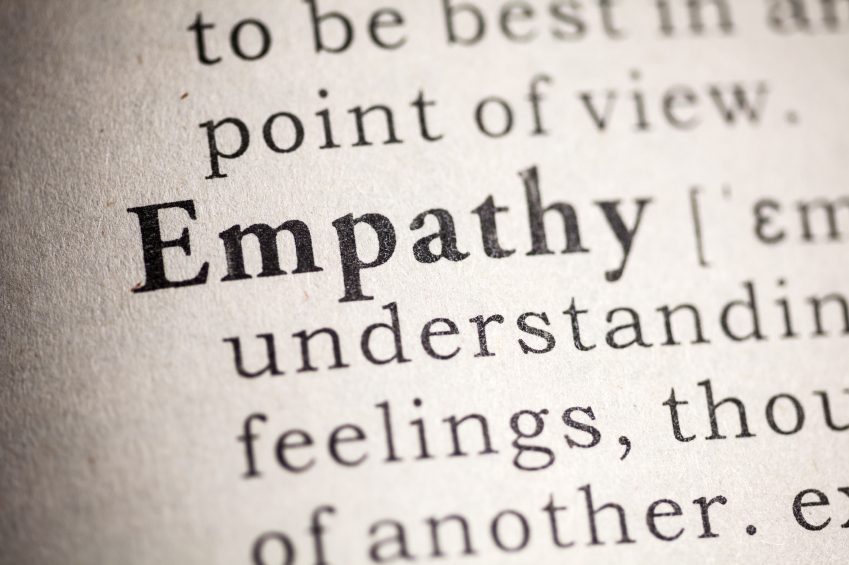For people diagnosed with Borderline Personality Disorder (BPD), the stress and disruption of the holiday season can add up to a challenging time for you and your loved ones.
DBT is a skills-based treatment that can help you to regulate your emotions, have more successful interpersonal relationships, provide you skills to manage distress and increase mindfulness to your thoughts, feelings, and your environment. In addition to helping treat a variety of mental health disorders, DBT can teach you a healthier way to cope that will help you to maintain your recovery, improve your overall quality of life, and build a life worth living.
Here are some things to consider when helping a loved one find Borderline Personality Disorder treatment.
Before entering Borderline Personality Disorder treatment, it is a good idea to carefully consider your options. You will want to assess your situation and decide on the approach to BPD treatment that best suits your needs and lifestyle. Here are five things to consider in your decision-making process.
When you have a family member with Borderline Personality Disorder, learning DBT skills can mean the difference between having a tumultuous relationship and finding a middle ground that allows them to feel supported and understood.
Wondering if your loved one with BPD is engaging in self-harm? Here are some things to keep an eye out for.
Empathy doesn’t mean that you have to agree with another person’s choices, but that you are listening to them and making an effort to see and feel from their point of view. Here are six ways to do that.
Empathy allows us to be really present with a loved one. It gives us a chance to stop thinking about ourselves, stop making judgments or conclusions, and gives us an opportunity to become absorbed in another person’s perspective on the world.
While not everyone with BPD will struggle when it comes to finding and starting a career, for many, it will be a life-long challenge. So how can you help your loved one with Borderline Personality Disorder navigate their career path?
A recent study examines the relationship between SSRIs and self-harmful behaviors in people diagnosed with BPD and depression.










